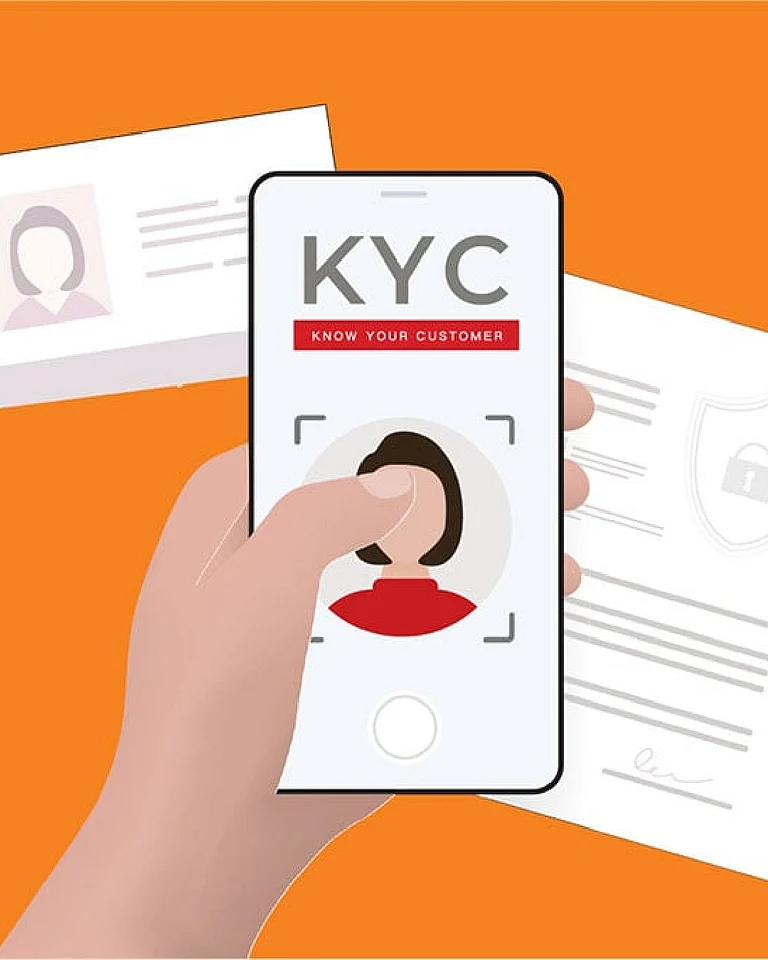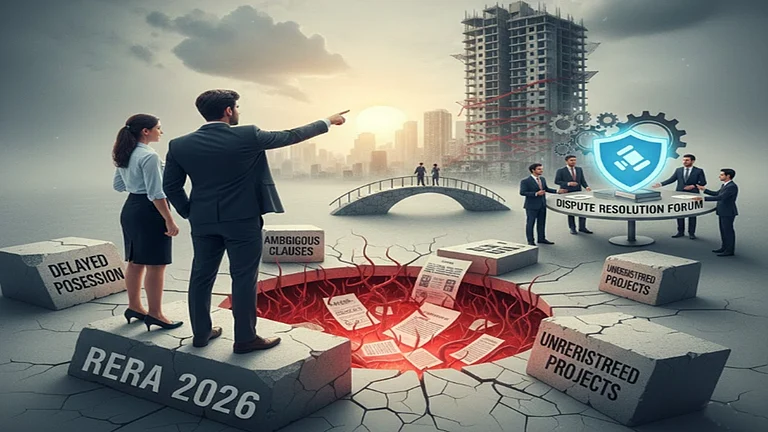Property buying has always been a tedious process involving long hours of research, site visits and paperwork. But thanks to the Internet, that process has become less cumbersome. From research about the prospective property, to virtual tours and verifying documents on credible platforms, Internet is playing a big role in easing the home buying process, especially for those, who might be settled abroad or may want to buy a property in a different city or even abroad.
However, the basics process remain the same as with the physical purpose of the property.
So, here’s how you can use the Internet to zero down on the property of your choice.
1. Study the Market
Begin with the research. Know the pricing trend in the area where you prefer to buy your property. Consider how values have changed over time and the factors, such as future infrastructure or employment prospects that will have a bearing on its price in the future.
Here are a few checklists to consider
Checklist:
Track price movements in the locality
Review historical appreciation
Evaluate future development prospects
2. Define Your Budget
Now, that you have done your basic research, fix your budget. Remember to factor in things, such as stamp duty, registration, taxes, and maintenance over the long term while considering the property.
Checklist:
Use mortgage calculators to estimate costs
Include one-time and recurring expenses
Set aside a contingency fund
3. Use Reliable Platforms
Next, check on a few reputed real estate websites known for verified listings. Larger platforms often conduct preliminary checks, thereby reducing the risk of fraud. Avoid lesser-known sites unless you can independently confirm their legitimacy.
Checklist:
Browse trusted real estate portals
Look for verified or real estate regulatory authority (Rera)-approved listings
Avoid platforms with inconsistent data
4. Review Listings in Detail
Do not get swayed by glossy pictures. Read the descriptions carefully. Cross-check the layout, size, amenities, and condition with the floor plans and specifications.
Checklist:
Compare photos with descriptions
Scrutinise layout and dimensions
Question any vague or missing details
5. Use Virtual Tours as a Starting Point
Virtual tours can be a great aid in the property buying process. But remember that they can and should never be a substitute for a site visit. A virtual tour can help you get an idea of how the property will look like upon completion, but it can be faked. Never make your final buying decision on the basis of a virtual tour or photos on brochures or websites unless you physically make a site visit.
Checklist:
Attend virtual tours where available
Request a real-time video walkthrough
Flag anything that looks edited or inconsistent
6. Speak Directly to the Seller or Agent
Now that you have a basic idea of the property, speak to the developer or the seller/agent. Ask for specific details, such as the pace of construction, likely date of completion of construction, the number of deliveries made and occupancy. If it is a resale property, ask for the property’s condition, ownership status, surrounding infrastructure, and the reason for sale.
Checklist:
Confirm all listed features
Clarify pace of construction and likely date of completion of construction
For resale property, ask for ownership documents, clarify any past or current disputes, and check documents
7. Appoint a Local Real Estate Agent
If you cannot make a site visit, then get in touch with a reputed local agent for matters regarding verification (construction, negotiation and final transaction)
Checklist:
Choose an agent with local experience
Have them inspect the property
Use them for negotiations and paperwork
8. Conduct a Professional Home Inspection
At this stage, go in for a physical inspection. Structural damage, electrical issues, or poor-quality materials may not be visible online. Hire a licensed inspector assess the condition objectively before you decide to sign the agreement.
Checklist:
Appoint a certified home inspector
Review the detailed inspection report
Use findings to renegotiate if needed
9. Verify All Legal Documents
This is perhaps the most important part of any property agreement. Appoint a lawyer with expertise in real estate to ensure the property has a clear title deed and is free from legal encumbrances. All required approvals and taxes should be in place.
Checklist:
Engage a legal expert for due diligence
Verify the title deed and ownership history
Check for litigation, dues, or liens
10. Compare Financing Options
Interest rates, processing charges, and the eligibility requirement differ from one lender to the other. A loan should be completed only after comparing offers from a few financial institutions.
Checklist:
Shortlist at least three lenders
Check EMI options and flexibility of repayment
Read the fine print carefully
11. Stay Vigilant Against Fraud
Scams are definitely a concern in the online property space. Beware of deals that seem too good to be true, pressure tactics or listings with documentation. Never transfer funds without verification.
Checklist:
Cross-reference seller or agent identity
Never share sensitive financial information.
Avoid paying upfront in haste without undertaking the necessary due diligence
Here are some frequently asked questions (FAQs)
Can you purchase property online?
It’s possible, if you do your due diligence, inspect properly and use professionals to do legal checks and transactions.
What are the pros of purchasing property online?
Virtual tours are available online. It's quicker and usually more transparent if it's done responsibly.
How can you verify a listing?
Start with a trusted platform. Check the seller’s qualifications, visit the property (virtually and in person), and hire a local representative to confirm the property’s details in person for you.
What costs should be considered?
Include registration, taxes, legal, and inspection fees, financing and possible renovation costs in addition to the purchase price.













